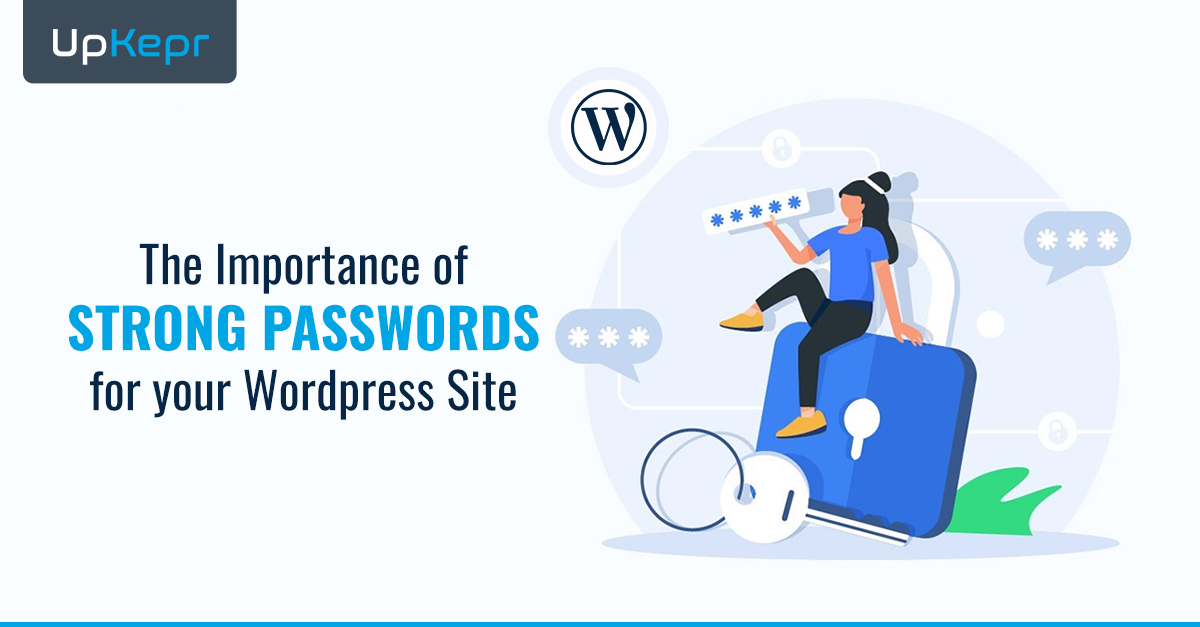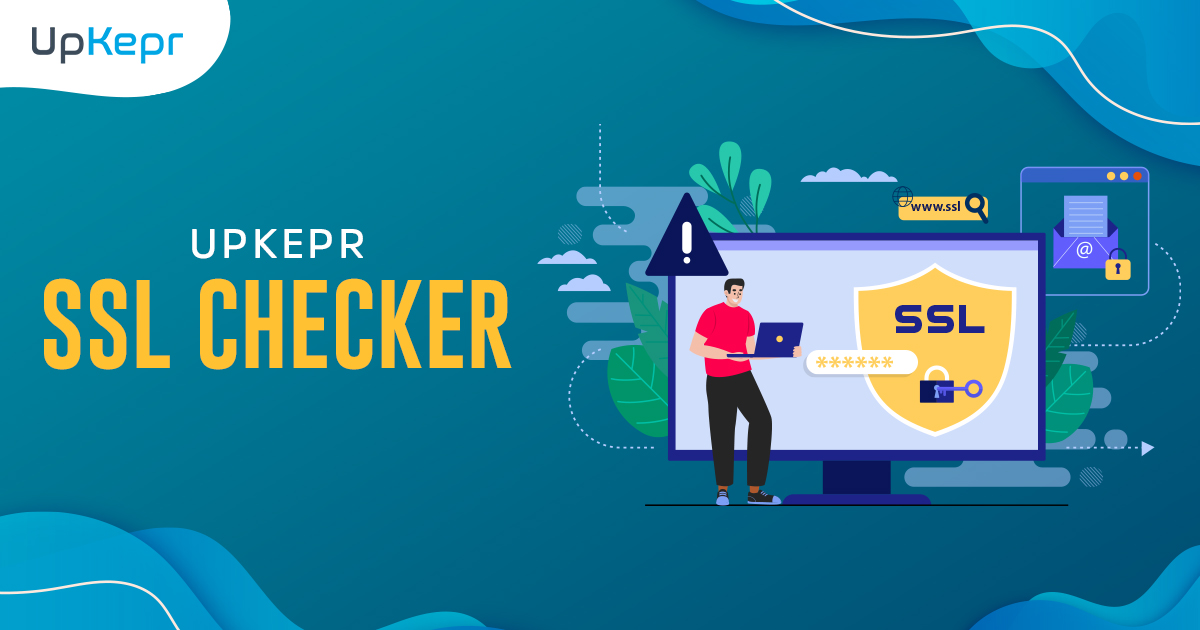
How Security Issues Can Lead to Cart Abandonment in PrestaShop

Introduction
Cart abandonment is a significant issue in eCommerce, with various factors contributing to it. While pricing, unexpected costs, and complicated checkout processes often take the blame, security issues are an equally crucial but sometimes overlooked factor. For PrestaShop store owners, ensuring a secure shopping experience is essential to maintaining customer trust and improving conversion rates. In this article, we will explore how security concerns can lead to cart abandonment in PrestaShop and what can be done to mitigate these risks.
Understanding Cart Abandonment in PrestaShop
Cart abandonment refers to the phenomenon where shoppers add products to their online shopping carts but leave without completing the purchase. In PrestaShop, just like any other eCommerce platform, several factors can influence a shopper’s decision to abandon their cart. One of the most critical yet often ignored factors is security.
If customers perceive a PrestaShop store as insecure, they are unlikely to proceed with the checkout process. Concerns about payment security, data privacy, and potential fraud can deter customers from completing their purchases.
Key Security Issues That Lead to Cart Abandonment
1. Lack of SSL Certificate
A Secure Socket Layer (SSL) certificate encrypts the data exchanged between a user’s browser and the website, ensuring a secure shopping experience. If a PrestaShop store does not have an SSL certificate, browsers may flag it as "Not Secure," deterring potential buyers and causing trust issues.
How It Affects Cart Abandonment:
- Shoppers are reluctant to enter their payment information on an unsecured website, fearing data theft or fraud.
- Search engines may lower the ranking of non-HTTPS sites, reducing visibility and organic traffic.
- Modern browsers display warning messages for sites without SSL, which can instantly drive visitors away.
Solution:
- Ensure your PrestaShop store has an SSL certificate installed and enabled to build customer trust.
- Use HTTPS across all pages, not just the checkout page, to protect user sessions and sensitive data.
- Regularly check your SSL certificate's validity to avoid expiration and security warnings.
2. Lack of PCI DSS Compliance
Payment Card Industry Data Security Standard (PCI DSS) compliance ensures that online stores handle credit card transactions securely. Compliance with PCI DSS protects customer payment data, prevents fraud, and builds trust among online shoppers. Many payment processors and banks require eCommerce businesses to meet these standards to continue processing transactions. Failure to comply can result in security breaches, legal consequences, and hefty fines.
How It Affects Cart Abandonment:
- Customers may be hesitant to use their credit or debit cards if they suspect the website does not follow security standards, leading to loss of sales.
- Lack of PCI compliance increases the risk of financial fraud, deterring repeat customers who fear their sensitive information may be compromised.
- A data breach can severely damage a store’s reputation, making it difficult to regain customer trust.
Solution:
- Use PCI-compliant payment gateways such as PayPal, Stripe, or Authorize.Net to securely process transactions.
- Regularly audit payment processing security to meet compliance requirements and avoid potential vulnerabilities.
- Implement tokenization and encryption techniques to safeguard customer payment information.
3. Unsecured Payment Gateways
Customers expect a seamless and secure payment process. If the payment gateway used in a PrestaShop store lacks proper security measures, customers may feel unsafe proceeding with their transactions. Additionally, outdated or non-compliant payment gateways can expose users to fraud risks, leading to a negative shopping experience. Ensuring that your payment system follows industry security standards is crucial for building trust and improving conversion rates.
How It Affects Cart Abandonment:
- Fear of unauthorized transactions discourages customers from entering their payment details.
- Unfamiliar or unreliable payment gateways can create distrust, causing shoppers to abandon their carts.
- Transactions that fail due to security issues or technical glitches frustrate customers and lead them to competitors.
Solution:
- Integrate well-known and trusted payment gateways like PayPal, Stripe, and Authorize.Net to enhance security.
- Display security badges and SSL certification seals to reassure customers of transaction safety.
- Offer multiple payment methods, including credit/debit cards, digital wallets, and BNPL (Buy Now, Pay Later) options.
4. Outdated PrestaShop Version and Modules
Running an outdated version of PrestaShop or using old, unpatched modules increases security vulnerabilities, making the store susceptible to hacks and malware attacks. Additionally, older versions may lack performance optimizations, leading to slow loading times and poor user experience. Compatibility issues between outdated modules and the latest PrestaShop version can cause functionality breakdowns, affecting checkout processes and overall store reliability.
How It Affects Cart Abandonment:
- If a customer encounters errors or security warnings, they may abandon the cart, fearing data breaches.
- Potential for malware injections leading to stolen customer data and compromised payment information.
- Slow-loading pages due to outdated code can frustrate customers, increasing bounce rates.
Solution:
- Regularly update PrestaShop and installed modules to ensure optimal security and performance.
- Use only trusted and regularly maintained modules from the official PrestaShop marketplace to avoid security risks.
- Use UpKepr PrestaShop Security module to safeguard your store against vulnerabilities, monitor threats, and ensure compliance with the latest security standards.
5. Suspicious or Unfamiliar Login Methods
Some PrestaShop stores implement unfamiliar or overly complex login and checkout processes, which may cause suspicion among users. Lengthy registration forms, unclear login pages, or forced account creation can deter potential customers. A seamless and intuitive login experience is crucial for building trust and improving conversion rates. Ensuring login security without compromising user-friendliness is essential.
How It Affects Cart Abandonment:
- Shoppers may worry about phishing attempts if the login process seems unfamiliar, raising security concerns.
- Overly complicated authentication processes frustrate users, leading to cart abandonment.
- Mandatory sign-ups without a guest checkout option discourage impulse buyers.
Solution:
- Provide secure and familiar login options such as Google, Facebook, or standard email authentication to streamline the process.
- Implement multi-factor authentication (MFA) for added security without making login cumbersome.
- Use UpKepr PrestaShop Vulnerability Scanner to identify security loopholes and protect login credentials from unauthorized access.
6. Lack of Transparent Privacy Policies
Customers want to know how their personal data is being used. If a PrestaShop store lacks a clear and transparent privacy policy, shoppers may feel uneasy about sharing their information. A well-structured privacy policy builds trust and reassures customers that their sensitive data, including payment details, will be handled securely.
How It Affects Cart Abandonment:
- Concerns over data misuse or potential spam deter users from providing personal details.
- Customers hesitate to complete checkout if privacy policies are unclear or missing, fearing identity theft.
- Lack of transparency may make your store seem unprofessional or unreliable.
Solution:
- Clearly display a detailed privacy policy on checkout, login, and account creation pages.
- Ensure GDPR and CCPA compliance if serving customers in relevant regions to protect user data.
- Outline how customer data is stored, shared, and protected to reassure buyers.
7. Excessive Fraud Alerts and False Positives
Fraud prevention tools are necessary, but excessive fraud alerts can block legitimate customers from completing their purchases. Strict fraud detection systems that misidentify real buyers as potential threats can lead to frustration and lost sales. A balanced approach is essential to ensure security without disrupting the shopping experience.
How It Affects Cart Abandonment:
- Customers may abandon their cart if they are falsely flagged as suspicious, feeling frustrated or unwelcome.
- Repetitive security verifications, such as CAPTCHAs or identity confirmation steps, slow down the checkout process.
- Declined transactions due to false fraud alerts can drive customers to competitors.
Solution:
- Use AI-based fraud detection tools that minimize false positives while effectively identifying real threats.
- Offer alternative verification methods, such as email or SMS authentication, in case of a false alert.
- Regularly fine-tune fraud detection settings to reduce unnecessary restrictions.
8. Phishing and Fake Websites
Hackers sometimes create fake versions of PrestaShop stores to steal customer credentials. These fraudulent websites often mimic real stores, tricking users into entering their payment details, leading to identity theft and financial loss. Protecting your store from impersonation is crucial for maintaining customer trust.
How It Affects Cart Abandonment:
- Customers may be wary of completing a purchase if they’ve heard of fake store scams, fearing fraud.
- If your store is compromised, it can damage trust permanently, leading to a drop in returning customers.
- Phishing attacks targeting customers may cause hesitation in sharing personal or payment details.
Solution:
- Use domain authentication tools to prevent domain spoofing and unauthorized website duplication.
- Educate customers on checking for official website indicators, such as SSL certificates, domain authenticity, and verified payment gateways.
- Implement UpKepr security solutions to protect against phishing attacks and website impersonation.
Best Practices to Secure Your PrestaShop Store
1. Enable Two-Factor Authentication (2FA)
Enhance security for store administrators and customers by implementing 2FA to prevent unauthorized access. Require an additional verification step, such as a one-time password (OTP) via email or SMS, for added protection.
2. Use Secure Hosting Providers
Choose a reliable hosting provider that offers built-in security measures such as firewalls, malware scanning, daily backups, and DDoS protection to safeguard your PrestaShop store from cyber threats.
3. Implement Regular Security Audits
Conduct routine security checks to identify and address vulnerabilities before they are exploited. Use UpKepr’s PrestaShop Vulnerability Scanner to monitor for potential security issues and ensure your store remains protected.
4. Offer Multiple Secure Payment Options
Providing customers with trusted payment gateways like PayPal, Stripe, or Authorize.Net increases confidence in completing transactions. Ensure all payment methods comply with PCI DSS standards for secure processing.
5. Display Trust Seals and Security Badges
Displaying security badges such as Norton Secured, McAfee Secure, or BBB Accreditation reassures customers of a safe shopping experience and encourages them to complete their purchases.
6. Optimize Checkout Process
A smooth, secure, and user-friendly checkout process reduces the likelihood of abandonment. Minimize unnecessary steps, provide guest checkout options, and use SSL encryption to secure customer data.
Scan Your Website With UpKepr Now
Conclusion
Security concerns play a critical role in cart abandonment for PrestaShop stores. Shoppers are increasingly aware of online fraud risks and will not hesitate to abandon their carts if they perceive a store as insecure. By implementing robust security measures such as SSL certificates, PCI compliance, trusted payment gateways, and clear privacy policies - PrestaShop merchants can reduce cart abandonment rates and build a more trustworthy shopping environment.
Ensuring a secure shopping experience is not just about protecting transactions, it is about building long-term customer trust and loyalty. Investing in security today can lead to increased conversions and a successful online business in the long run.



























































































 Sign Up with Google – Free
Sign Up with Google – Free Sign Up with Github – Free
Sign Up with Github – Free